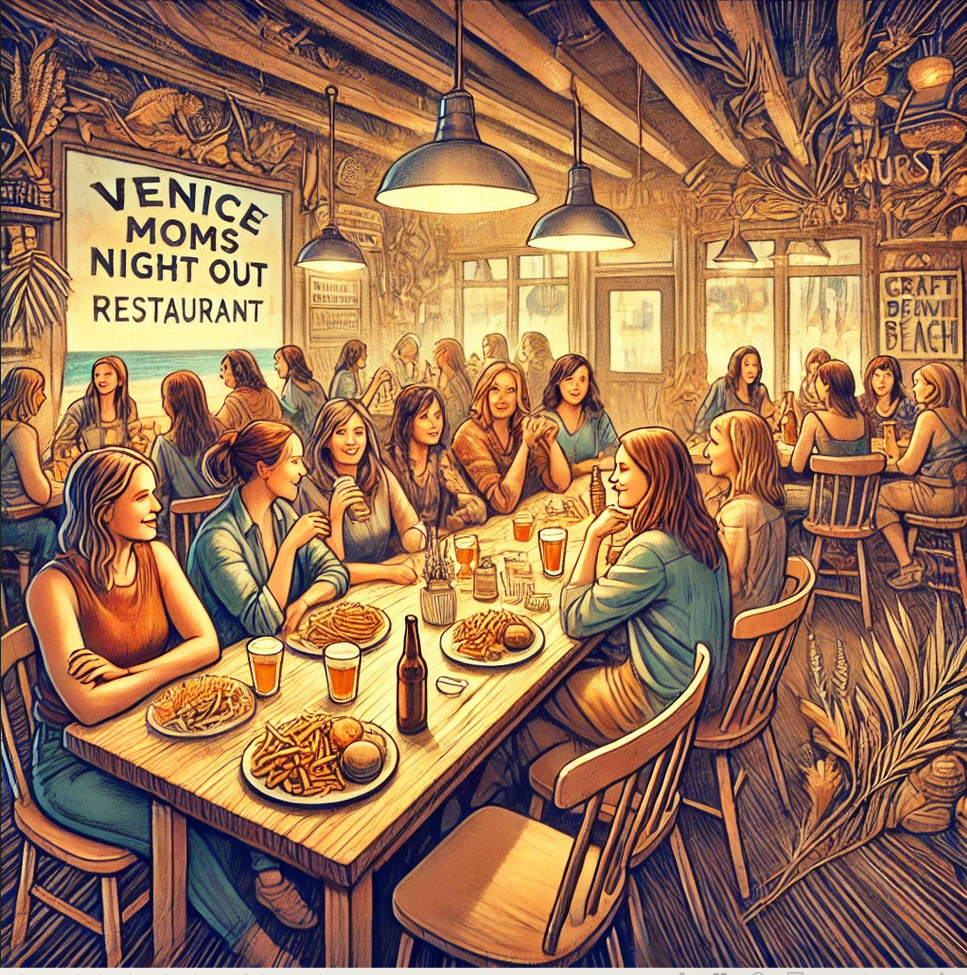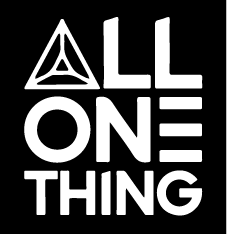Crafting Community Through Reimagining Third Spaces
June 25, 2025

Before there were smartphones, cookie-cutter suburbia, and the 40-hour grind, there were stoops, coffee counters, and park benches. Grand public squares for picnics and playing. Porches where stories were passed between generations, diners where everyone knew your name, and community centers buzzing with dance classes, book clubs, and potlucks. These places—neither home nor work—are what sociologist Ray Oldenburg called “third spaces.”
Third spaces are where the community not just lives, but thrives.
Jordan Beal of Shanker Institute lovingly refers to third spaces as, “societal glue.” They’re the public, informal gathering grounds that once tethered people to each other in the everyday rhythm of life. Unlike the transactional nature of workplaces or the private sanctity of our homes, third spaces are social equalizers—places where friendships spark, ideas exchange, and belonging blooms.
Although the term was coined in the 1980s, third spaces have always existed. Taverns during the American Revolution, the front porch culture of the South, Barber shops in Black communities, Cafés that birthed literary movements, or the community hall that became the de facto town square. According to Nancy Groce, some of the first coffeehouses which inspired community music were recorded in the 15th century in Constantinople, and in England in the early 1600s.
But in recent decades, many of these spaces have quietly shuttered.
Modern versions like grandiose public malls have closed down or become desolate, with empty walkways and boarded up outlets. Gentrification has priced out local community members from the neighborhood café. Community centers are forced to close under budget cuts. Paired with our growing dependence on technology, social media gives the illusion of connection while deepening isolation. We retreat indoors—into our phones, our cars, our curated echo chambers. The result? A growing epidemic of loneliness in a time of constantly going and hyper-connectivity.
At All One Thing, we believe that rebuilding these third spaces isn’t just nostalgic—it’s necessary. It’s reinventing the wheel that keeps us upright.
We’re not talking about creating more coffee shops with Wi-Fi. We’re talking about reimagining third spaces from the ground up to meet today’s needs: multigenerational, multifunctional, deeply intentional hubs where people can live, learn, work, and connect in rhythm—not in conflict.
Imagine walking into a space where your child is joyfully immersed in a hands-on learning adventure, while you’re co-working just down the hall. Afterward, you grab a nourishing meal, chat with a fellow parent about their latest garden project, and join an evening art session or wellness circle—all under one roof.
This isn’t a one-off dream. It’s the everyday reality we’re cultivating in our first physical location in Los Angeles—and soon, across the country.
We’re blending the best of rural retreat and urban resourcefulness. Think city spaces turned into vibrant learning-and-living ecosystems, and nature retreats where you can unplug, grow food, and gather under the stars. Cars stay at the edges. Nature is central. Kids roam. Adults rest. Everyone contributes.
At its core, All One Thing isn’t just about education or lifestyle—it’s about infrastructure for human thriving. And we aren’t the only ones pursuing this vision.
Across the country, models like Township, Offline Club, SF Commons, Ambivert and JUMP Boise are all focused on building third spaces. Other models like Haven or Runway Green, and Jaego’s House narrow in on childcare and alternative school models. The Coven and MUD/WTR focus on curating coworking spaces for all.
AOT blends all of these into one through partnerships – third spaces, practical education, coworking, and co-living, creating organic connection across the community.
We’re tackling more than disconnection—we’re solving for the mental load of modern parenting, the fragmentation of family life, and the silent burnout too many are navigating alone.
In a world shaped by hustle, scarcity, and individualism, third spaces remind us: you don’t have to do this alone.
They’re not a luxury—they’re a cornerstone of resilience. They’re where the isolated parent finds support, the homeschooled child finds peers, the freelancer finds focus, and the newcomer finds community. They are the heartbeats of culture, creativity, and care.
The third space is where the village thrives together again, and All One Thing is rewriting the blueprint.
Become a Founder or Collaborator to build a third space in your city.
👉 Join the movement at www.allonething.xyz 📧 Or email ck@allonething.xyz to connect with a real human building this too.
